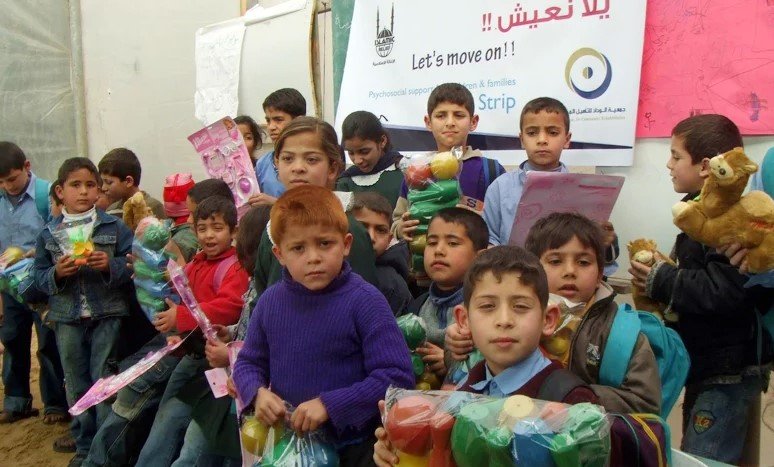A top United Nations official has sharply condemned the U.S. ambassador to Israel after he publicly defended Tel Aviv’s ongoing blockade on humanitarian aid into Gaza, calling the policy a potential war crime as children die from hunger and medicine shortages.
The accusation, coming 50 days into a total shutdown of life-saving supplies to Gaza, underscores growing international outrage over the humanitarian catastrophe unfolding in the enclave, as well as Washington’s role in enabling it.
Washington’s Silence Turns to Support
Michael Huckabee, the newly appointed U.S. envoy to Tel Aviv, is under fire after a video statement posted Monday dismissed global calls to pressure Israel into lifting the siege. He instead echoed Israeli demands that humanitarian aid remain blocked until Hamas releases Israeli hostages.
He framed it as a matter of moral pressure—but the backlash came swiftly.
Francesca Albanese, the UN’s Special Rapporteur on the occupied Palestinian territories, directly accused Huckabee of condoning actions that may violate international law. In a pointed response, she cited Article 8(2)(b)(xxv) of the Rome Statute, which explicitly defines starvation as a method of warfare as a war crime.
One sentence stood out: “No one benefits from this—not the Palestinians, not the Israelis, not the North Americans—none of us.”

Gaza Is Starving. The World Is Watching.
It’s not just legal scholars speaking out. On the ground in Gaza, aid agencies have been ringing alarm bells for weeks. They say famine is no longer a risk—it’s here.
Images like the one of Fatma Hijazi holding her 10-year-old son’s emaciated body have become the grim face of this crisis. Mustafa died of malnutrition in Deir al-Balah, one of the areas hardest hit by supply blockades.
The numbers tell their own horror story:
-
Over 2.3 million people in Gaza face acute food insecurity.
-
At least 31 children have died of starvation in the last month alone.
-
Medical supply stockpiles are virtually non-existent, say doctors.
One senior aid worker with Médecins Sans Frontières described conditions as “apocalyptic.”
Legal Lines Crossed?
Albanese’s remarks weren’t casual criticism—they were a formal warning.
She didn’t just accuse the U.S. of complicity. She reminded the international community that impeding humanitarian aid during conflict is a crime under both the Rome Statute and the Geneva Conventions.
Here’s what that law says:
| Legal Reference | Definition |
|---|---|
| Rome Statute Article 8(2)(b)(xxv) | “Intentionally using starvation of civilians as a method of warfare” |
| Geneva Conventions | “Willfully impeding relief supplies indispensable to civilian survival” |
What that means in plain terms: You can’t block food, water, and medicine from reaching civilians—even in war.
Political Fallout Already Brewing
The U.S. State Department has so far not responded to Albanese’s statement. But inside Washington, murmurs are growing.
Several Democratic lawmakers privately expressed concern over Huckabee’s remarks, with one Senate aide saying, “This puts the U.S. in legal and moral quicksand.”
Meanwhile, global pressure is building.
-
France and Ireland have both issued separate calls this week for an immediate humanitarian ceasefire.
-
The African Union released a rare joint statement condemning what it called “collective punishment.”
-
Turkey’s Foreign Minister described the U.S. position as “shocking and inhumane.”
No official rebuke from the Biden administration yet—but one may be coming.
From Moral Crisis to Geopolitical Time Bomb
This isn’t just about Gaza or Israel. The fallout from the blockade, and the growing international perception of U.S. endorsement, could shape Washington’s credibility in future global crises.
Human rights groups warn that continued support for the blockade could unravel American moral authority in global diplomacy. Others argue it already has.
